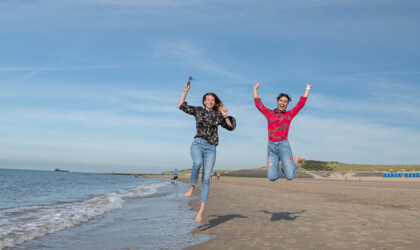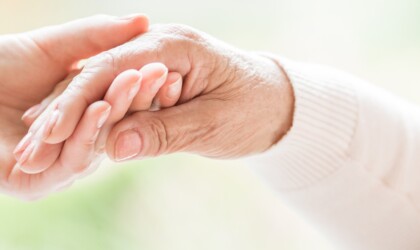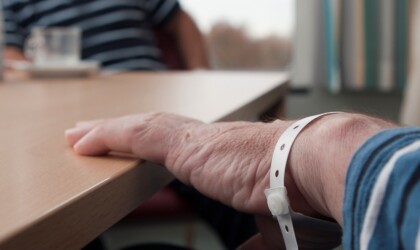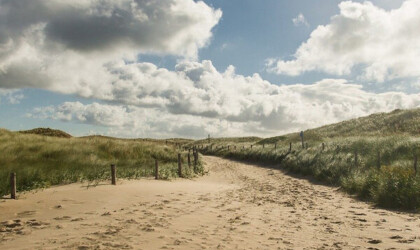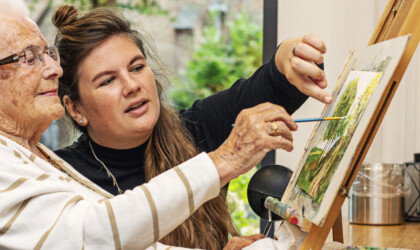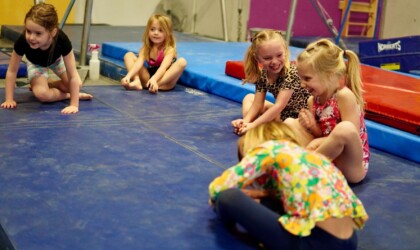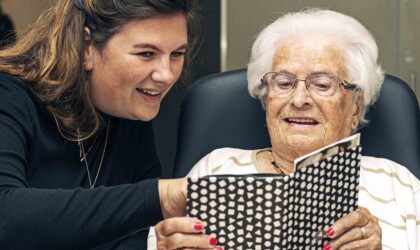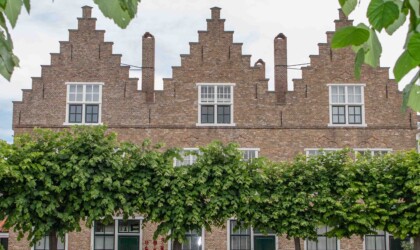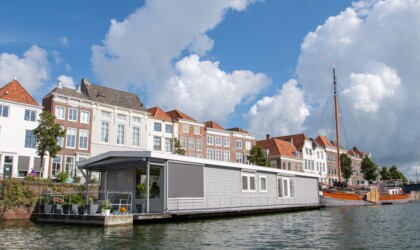In Ensure, HZ University of Applied Sciences and other knowledge institutions are investigating whether and how to use the peer-to-peer method to prevent vulnerable population groups from ending up in social isolation. The HZ lectureship Healthy Region is knowledge partner and evaluates the Interreg 2 Seas project that runs in Belgium, England, France and the Netherlands.
Ensure stands for Everybody Counts - Vulnerable People. The chance of vulnerable people ending up in social isolation is significant in the current system, say the researchers. They see an often life-size gap between target groups and mainstream care. In the Schilderswijk neighborhood in The Hague, they saw this gap developing years ago. That's why the Schilderswijk Mothers project was set up in 2013. Twenty women from the neighborhood visited mothers in the neighborhood and helped them with small and large problems. These included, for example, filling out forms and doing tax returns. They also tried to get the women to attend courses, meetings and get them interested in volunteering. The project was successful and won several social awards.
Finding their way
Ensure builds on the experiences in the Schilderswijk. The project applies this peer-to-peer method in four countries to different vulnerable population groups for the first time.
Whereas the HZ researchers focus on young immigrants, the other countries work with young pregnant women, people with a great distance to the labor market and young people with autism. The similarity between the target groups is that they have difficulty finding their way to mainstream care. Conversely, they are not on the radar of social workers. Ensure looks to see if residents find their way in society more easily with a 'buddy'. Such a buddy can be a simple, effective solution to prevent the situation of vulnerable residents from deteriorating.
Ensure investigates how to prevent vulnerable populations from slipping and ending up in social isolation.
The HZ pairs students from programs such as nursing, pedagogy and social work with young status holders. The peer-to-peer approach works, according to an evaluation of the HZ's buddy project in May 2021. "I learn a lot in terms of language, how to find work, about Dutch culture, but we also built a friendship," said one of the status holders. "It's good that you also do fun things together. Then you build a bond and get far," was the comment of one of the students. "We had a lot of fun together and during those fun things we also discussed serious issues," said another student. "When you start, you think you are a lot different from each other, but soon you find out that you are both around 20 and have a lot of similarities."
Training program
Although the pilot took place during the corona crisis, almost all participants in the project turned out to be positive. Healthy Region researchers guided the students during the period. They are also investigating what it brought to the status holders, for example, in terms of their well-being. This is done through surveys and interviews with the participants. Based on these results, Healthy Region is developing a training program for the integration of young status holders in the Netherlands. "This is a great project because it incorporates several facets of Healthy Region," says researcher Kalina Mikolajczak-Degrauwe.
The project ends in 2023. The report with the results can be read here.

